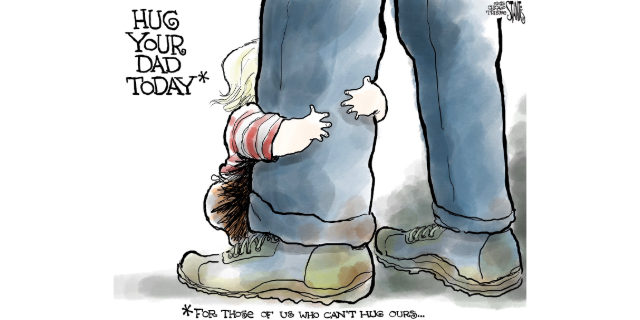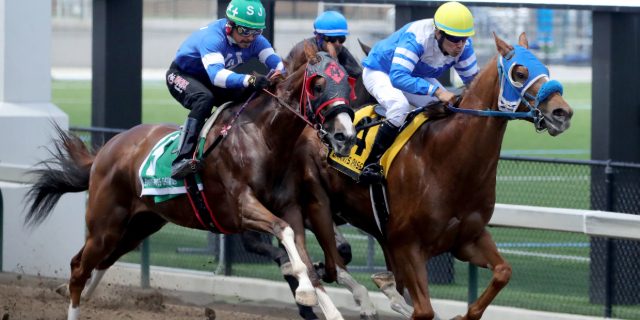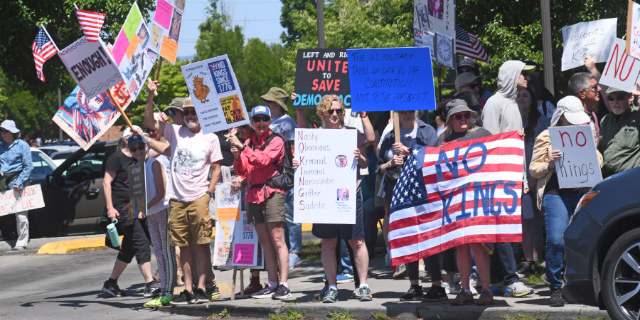GUEST OPINION: Frequent Oregon party leadership changes could be sign of deeper issues
Published 6:10 am Friday, April 25, 2025
In recent weeks, both of Oregon’s major political parties have changed leadership, under very different circumstances. Party leadership is only a small part of what makes the candidates under their banner successful, but it can be a coal mine canary of sorts, an indicator of underlying issues or strengths.
Over the last generation, Democrats have been faring gradually better in Oregon, and Republicans less well. What might we learn from a look at party leadership?
Start with the Democrats.
They have had three chairs in this decade. Carla “KC” Hanson, following five years leading the Multnomah County Democrats, was elected to two-year terms in 2019 and 2021. In 2023, she departed and the party’s vice chair, Rosa Colquitt, who also had worked for years in various positions in the party organization, was elected to the top spot.
This year, the state Democratic Central Committee met in Corvallis on March 16 and in a contested election replaced her with a new chair, Nathan Soltz, who at age 27 happens to be the youngest person to hold that job. He isn’t a newcomer to the party organization, however.
Soltz started work with the Democrats in Jackson County (one of Oregon’s most competitive) a decade ago, has worked in labor organizing and in the Legislature and was elected state party secretary two years ago.
There’s something to be said for injecting new blood in leadership positions from time to time (and Soltz may well provide some of that). But party organizations also can benefit from leaders who know how things work and understand how to get along with the various interests and groups that make up a large party, and manage to avoid conflict and controversy (other than when directed at the opposition).
Over to the Republicans.
Six people have led the Oregon Republican Party since 2020. These years opened with a period of some stability under Bill Currier, a mayor of Adair Village who had worked in various party positions for years before his election as chair in February 2015.
Six years later, shortly after releasing a statement (that many party leaders had backed) saying the Jan. 6, 2021 attempted insurrection in Washington, D.C. was a “false flag” operation (drawing complaints from within and outside the party), he lost a re-election bid to state Sen. Dallas Heard of Myrtle Creek.
After serving just over a year, Heard departed after complaining about conflict within the party, including “communist psychological warfare tactics.” (Others in the party said a flashpoint was debate over whether to open the party’s primary to non-Republicans.) The vice-chair, former legislator Herman Baertschiger, served as acting chair for about four months but then quit.
The job next went to Justin Hwang, a Gresham restaurant owner and former legislative candidate who had become vice-chair of the state party only three months before. He held the job until February of this year, providing some stability. During Hwang’s tenure, Oregon Republicans won in 2022 — and then lost in 2024 — a second congressional seat and legislative races that temporarily ended Democrats’ supermajority control in the House and Senate.
When the post came open for election early this year, a range of candidates contended, including former Senate candidate Jo Rae Perkins (the incumbent party secretary), Washington County Republican leader Gabriel Buehler, as well as a legislative candidate and a city councilor.
It was won from outside: A Columbia County pastor and insurance agent, Jerry Cummings. He prevailed after saying the party should focus less on hot-button issues to “reach beyond the Republican base and do a better job of presenting a message that makes us contenders around the state.”
But on April 8, the Oregon Journalism Project reported on court records from a long-running divorce and custody case and more recent lawsuits filed by creditors. The legal records included accusations from Cummings’ ex-wife that he engaged in sexual violence, allegations Cummings denied.
He soon resigned, and the job once again went to the party’s vice chair, Connie Whelchel of Deschutes County.
Considering that the party chair takes the lead in party organization, hiring, planning for campaigns and more, these rapid-fire turnovers, frequent controversies and overall lack of stability could have contributed to the party’s gradual weakening in the state during the last couple of decades.
That’s not all, of course. A great deal of political strength in the party is held by people and groups outside the Oregon voting mainstream.
But problems with stable leadership aren’t helping the party either. They may do well to consider why the job seems hard to fill with the kind of leaders they need.
Randy Stapilus has researched and written about Northwest politics and issues since 1976 for a long list of newspapers and other publications.







